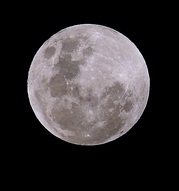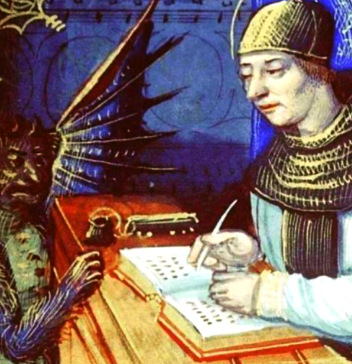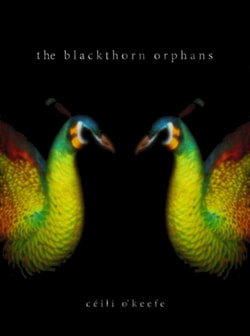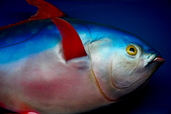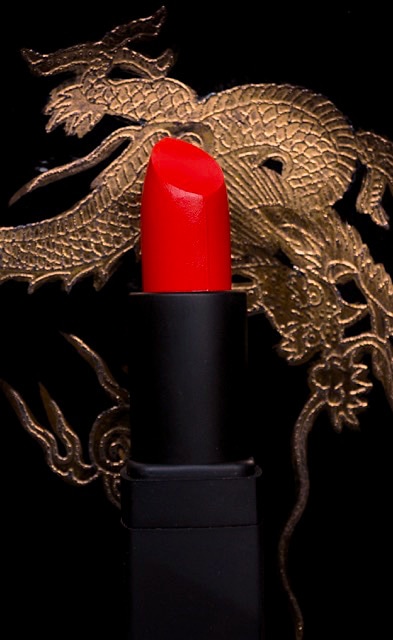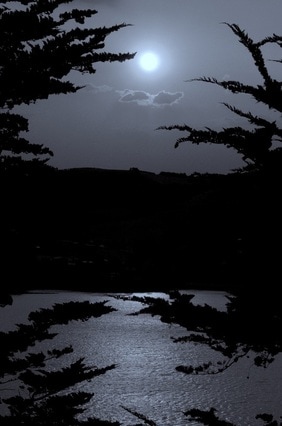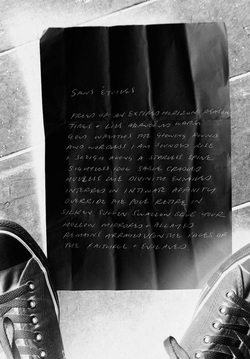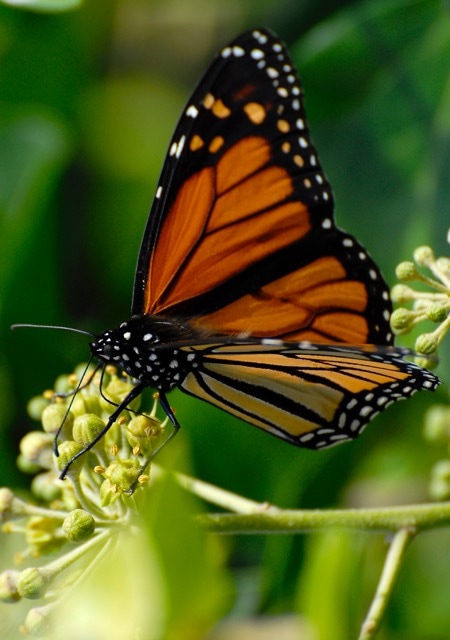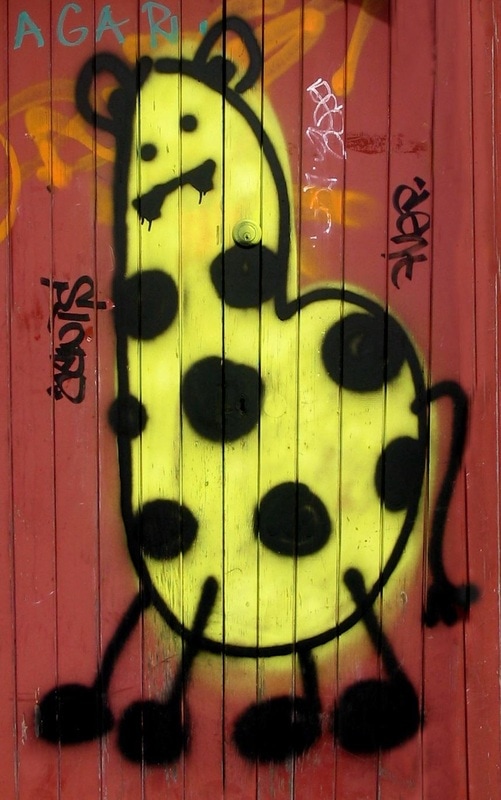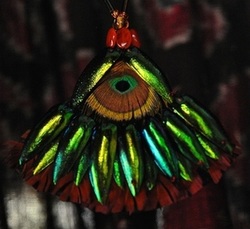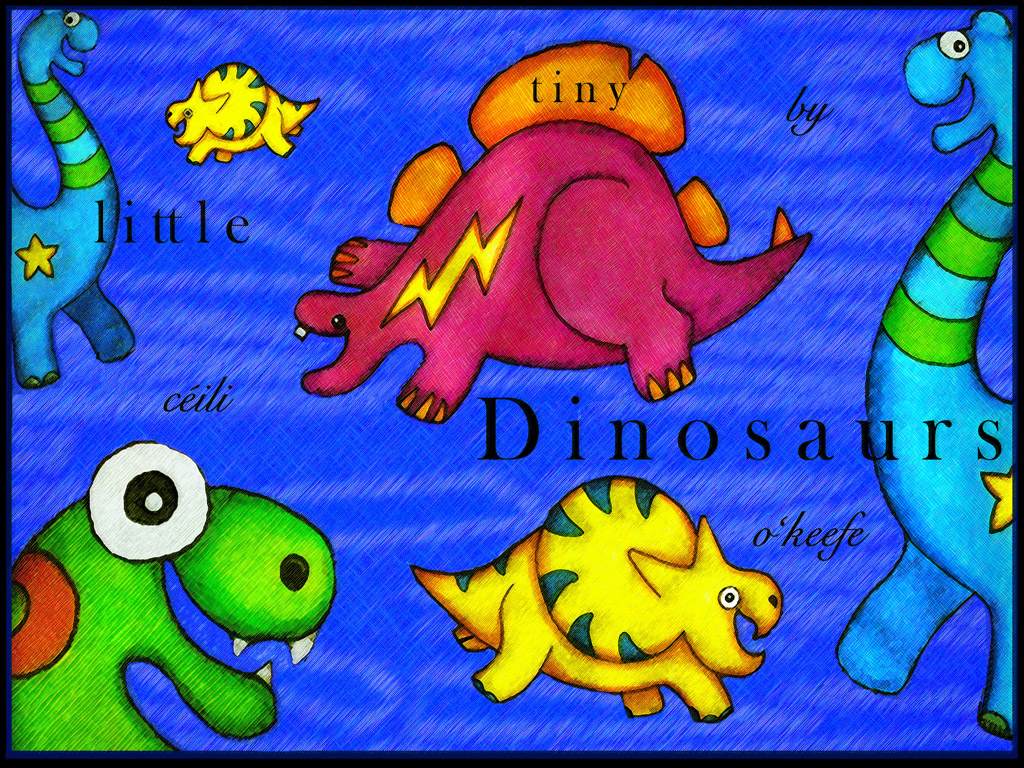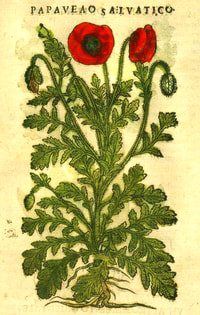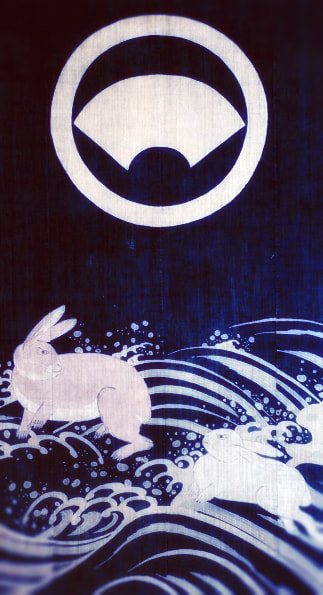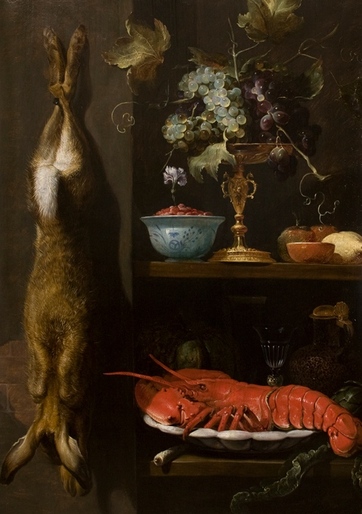 Still Life with Lobster, Hares, Grapes; Snijders Frans, circa 1613
Still Life with Lobster, Hares, Grapes; Snijders Frans, circa 1613 These paintings have been out of fashion for so long that I'd never really noticed how funereal they were. Scrolling through them is like wandering in a morgue, the dead cast about in awkward attitudes of repose, strung up, scoured out, lying as though to emphasize their subjugation in death. It is an unexpected impression. They are meant to celebrate bounty in the eyes of a society that was, despite it's petty preoccupation with class, all too familiar with hardship; they were symbolic, almost totemic to households able to purchase and commission them. Frans painted this lobster just before the advent of what became known as the Thirty Years War, a horrifying and seemingly endless series of conflicts that engulfed vast swathes of Europe, razing and depopulating many of its theatres and leaving the survivors to the tender mercies of famine and plague.
Everything is intimate with everything else. Just as the yersinia and rickettsiae microrganisms were availing themselves of Bavarians and Swedes, Early Modern microscopy and medicine were emerging from their entanglement with Galenic theory to inform us of the true nature of our physiology. How we digest the creatures we consume, how their mass is assumed by our own. Theocracy, so long the claimant to our moral throne, enjoyed a thoroughly expedient relationship with eating meat, promulgating it as birthright and evidence of dominion whilst also painting it as privilege and draping it in sin. If I were feeling charitable, I might suggest this hopeless, abject hedging was just an institutional reflection of the difficulty all conscious people have with the concept, our personal dilemma writ large.
My own carnivory is characterized by a puzzling lack of remorse, and I say this as the kind of predator that cannot watch a horse race in case one of those harried, press-ganged equines falls; as someone who raises birds as pets while roasting chickens and factors ecological consequence into virtually every personal decision. Is there not something deeply melancholy about eating flesh, in partaking of the dead, even when it is to nourish your own life? I certainly feel empathy with the creatures who have died to furnish my meals, a spectral regret, if not self-reproach. About ten years ago my partner and I developed the habit of naming and thanking the animal from which the carnal portion of our meal derived, as part of acknowledging its reality and expressing gratitude. It arose in the midst of our increasing concern about the sustainability and general probity of animal husbandry and food production, but had its roots in the deeper regard we've always had for other animals, being the inverts and nature dweebs we both are. Like many deviations from the norm, this small ritual inspires a range of reactions, from cynicism or annoyance to polite imitation. If I had read of it, as you are doing now, I would probably roll my eyes and dismiss it as insufferable posturing. Just saying thanks doesn't change shit, you might argue, but I can assure you that it does; it changes the way you think, and that suffuses through to bend the way you feel and act. As a private custom it has sunk deeply into our associative unconscious. If it is hypocrisy, I do not feel the burn.
Is this relative emotional impunity conferred by my own biology? It is quite useless to argue that as a species we are unsuited to eating meat. The briefest survey of our optical, dental and digestive arrangements strikes down that squirming contention; you might as well claim canids are not fructivores while our poodle steals the raspberries from your shopping bag.
That we are able to consume whatever crosses our path is key to our present abundance and ubiquity and I don't think carnivory per se warrants special moral attention; it is a natural condition enjoyed by everything from cuttlefish to snow leopards, and if they are not depraved then neither are we. The claim that hominids alone are intellectually qualified to perceive the conscious existence of others is vain, absurd and underpins the obscene exemptionalist paradigm that has been so fucking disastrous for everything on the planet. My dog knows me as a conscious being, enjoys my company and would consume my dead flesh if push came to shove and I begrudge him none of that, because I would probably do the same. We are both deeply affected by the presence of a live cow, and would fight one another for the liver of a dead one. In these things we are brother and sister to every other beast with pointed teeth, neither good nor bad nor any other asinine designation, and we are left to make of that what we will.
As children of the West, my partner and I were both raised in unquestioning, even aggressively carnivorous families. Meat was more than sustenance to the grandchildren of victorian hardship; it was the demonstrable proof of comfort and successful provision, of the right-thinking, home-owning, car-driving wealth that everyone could expect as reward for their toil and rectitude, a demonstrable progression from shaky colonial foundations. As I left New Zealand for the far north of Australia, meat took an even more visible role, barged in at tremendous cost from god knows where and blackened in great mounds upon the eternal BBQ to the sound of mosquitoes whining and the scent of carbonizing eucalyptus.
I did not personally encounter a public vegetarian until my entry to university, when the practice was still held in reactive suspicion, dismissed even by the majority of my liberal friends; to the post-punk and grungesque, it smacked of hippiedom, and hippies were the neo-suits and sellouts butchering our future. Woe to the passive, precious herbivore, and chick peas could go fuck themselves. It is difficult now to believe that there was ever a time when thinking people, by and large, devoted little or none of that thought to the food chain, but I can assure you this was so, this general indifference continuing well into the 1990s. I completed a farming and animal husbandry course and it still didn't really hit me in the face until I began reading culinary magazines, introduced to the idea of food provenance and organic production from an arse-about-face epicurean direction. How does someone who smuggled poultry-rustling pythons away from the beheading shovel in their schoolbag and would still choose quadrupeds over most people spend the first half of their life eating steaks as though they grew on trees?
Because I had been raised to recognize and value meat before the same consideration was accorded to the animals from which it was derived. I knew lamb chops before I knew sheep. Other carnivorous animals are fostered in the same unquestioning manner. The steaming ungulate flesh ejected before wolf pups from their mother's stomach is no more deer than food. The difference being that the wolf goes on to know enough about the deer to hunt it successfully, while the average urban person remains indifferent to the steer whilst muching their way through the average seven or so metric tonnes of flesh a western person consumes in their lifetime. This is a callous, disastrous artifact of our removal from the realities of supply and another of the fatal seals we have broken in expediting our own ruin.
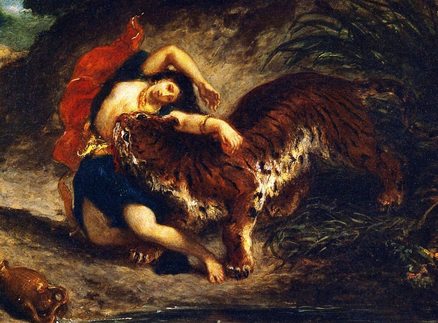 Young Woman attacked by a Tiger. Delacroix, 1856
Young Woman attacked by a Tiger. Delacroix, 1856 To live is to agree to take, and to receive is loaded down with fatal implication. It is not that I cannot empathize with people who don't wish to eat other animals for sentimental or personal reasons; I don't personally eat octopi (because they can escape from aquariums), marine crayfish (because they walk for hundreds of miles across the seafloor in their lifetimes, often in formation) or horses (just because). But I don't accept there's a viable ethical garment to be cut from that particular fabric and I resent the assumption by many vegans that their stance is one of gymnosophical elevation.
To me, it feels casuistic, like a failure to engage. We are all arraigned by death, and all of us profit from the demise of others; this will always defy our personal preferences.
That is not to say that this failure of logic exempts anyone from emotive inquiry. More than anything, I ask myself if it is kind, to raise animals for consumption. When no other principle volunteers to guide our decisions, kindness can always prevail. From my own practical experience of raising and caring for other species, I contend that there is nothing inherently deplorable about it; even the short while passed in an abattoir yard and the last moments in the hands of the bolt gunner are less painful and protracted than the kind of fatalities often experienced by wild animals. Generally speaking, traditionally field-raised ungulates and responsibly-reared poultry enjoy reasonable standards of living and are not subject to gratuitous, prolonged distress or discomfort, and that is really the best that any of us can hope for as sentient animals. If we could ask any other animal if it is better to have been brought into existence only to relinquish it, than to have never manifested at all, I think we can be confident of the answer, given that humans alone seem capable of truly bathetic ingratitude. Domestication is a sacred compact between beast and guardian; protection, sustenance and direction in return for the products of the life that has been fostered in the process. It seems a fair exchange to me.
Thus I do not abstain from flesh on what I consider to be spurious moral, exemptionalist grounds. There are far greater evils arrayed around it; overconsumption and depraved indifference spring immediately to mind.
And I think that problem is founded, as I have already posited, in the fact that we are taught to consume it before we are taught what it is and how it ends up on our plate. In the abandonment of our responsibilities as domesticators in favour of naked exploitation. Abattoir practices are greed in motion; the psychic and pathogenic karma arising from our abuse of our apex predator status is frankly less than we deserve. Everything wrong about our current equation has, or will, come back to savage us. It is too late to decide if this blind process will continue; the wealth that underpinned this feckless rapacity has been squandered, and there are no more continents left to despoil. We all will have to live with what has come to pass. As carnivores looking to reinstate some sort of equity, dignity, moderation and appreciation, what are we best to do?
With a passing knowledge of local agricultural practice, I will assert that, in regard to my own country, some popular international statements around the assumed cruelty and unsustainability of animal husbandry are partial and ill-informed, however well intended. This disconnect does not serve anyone. The layperson's cluelessness about livestock and agrarian production, their ignorance around the difference between crop land and pasture, the latter's inability to become the former without an often prohibitive ecological cost; all this is a massive challenge to any constructive bilateral conversation. How many people know that milk doesn't happen all year round without intensive management, nor eggs? That the sheep we shear today are the product of a fatal mutation and would die terrible deaths without this intervention? Or where male dairy calves go? Likewise, the farmer's sense of entitlement to increasingly straitened resources and apparent indifference to the kind of animal welfare and end-of-life practices that have grown up around industrial supply are also reprehensible and hugely difficult to address. But as consumers we have expected other people to shoulder all the ethical, enviornmental and psychological impact of our food chain. In our current reality there is no longer any basis for passive acceptance of anything. Everything is on the table.
So what have we done, personally?
We started by looking at the problem from more than one perspective. Historically speaking, we are not merely eating these days. We are feasting, as few cultures or individuals have ever done before; we eat like kings, literally, every day of the fucking year, every year of our long lives. Our caloric intake is out of control, our protein consumption is so over the odds that it's actually doing us harm, and that is clearly insane. In thinking where to start reining in our own habits, we considered what most people had been eating for the bulk of our presence on this planet. That's right- peasant food. What was once a stupidly dismissive term is now overburdened with inverted snobbery, but only two generations ago, most of my ancestors considered themselves lucky to get meat once a month. Do we really need to be stuffing what used to be celebratory excess into our cakeholes seven days a week? Clearly not. As a result, we now eat a lot of lo-fi Italian/Med. and Southeast Asian meals, because of their traditions of thrift and delicious moderation.
From a practical perspective, our situation, like everyone's, posed its share of problems and opportunities. We don't have much money, but we do have half a garden and some free time. So another thing we did was start and maintain a decent-sized vegetable plot, and if you have the space to do so (that may be far less than you think) it is easier than you might imagine to become almost or entirely self-sufficient in this respect. Eating from a garden encourages seasonal change and exploration, eliminates a vast majority of the agrichemical garbage we would otherwise consume, and instils a new respect for the vegetable portion of our diets. To the point where it expands to become that worthy three quarters, and even the whole of the meal you sit down to. Homegrown vegetables regain the mantle of precious resource instead of culturing moulds at the bottom of the fridge. Our best advice to others in this respect is to grow what you already know you like to eat (the staples tend to be easiest anyway), and branch out from there.
As it became available, and more affordable, we switched to eating either free-range meat or the closest thing to it, ie. crate and stall-free bacon. And to tell the truth, the less free it is, the less we feel like eating it, and this is what I mean when I say that perception resurfaces as action. We now buy only FR eggs and chicken and organic milk produced on welfare-conscious farms. We do believe locavore, organic and free-range produce is often priced unscrupulously, cashing in on goodwill and creating a dismaying greed-based system little different from the supermarket model, but what is the alternative? In our opinion, if we can't afford to eat FR chicken, we can't afford to eat it at all. No one can. That is a deeply tangental realization. Beef and lamb are an easier choice in NZ's field-based stocking system than in many international situations; we would not consume feedlot ungulate meat for a host of ethical and hygienic reasons. But we eat less 'red' all the time, drifting away from what used to be daily consumption toward once/twice-weekly. In purchasing a smaller quantity of meat, and eating it less often, we are doing everyone and everything a favour. Maybe our collective slide toward whatever awaits us on other side of peak consumption can be slowed a little if we all ease up. I can't think of an argument for just continuing what we're doing now. Can you?

 RSS Feed
RSS Feed
